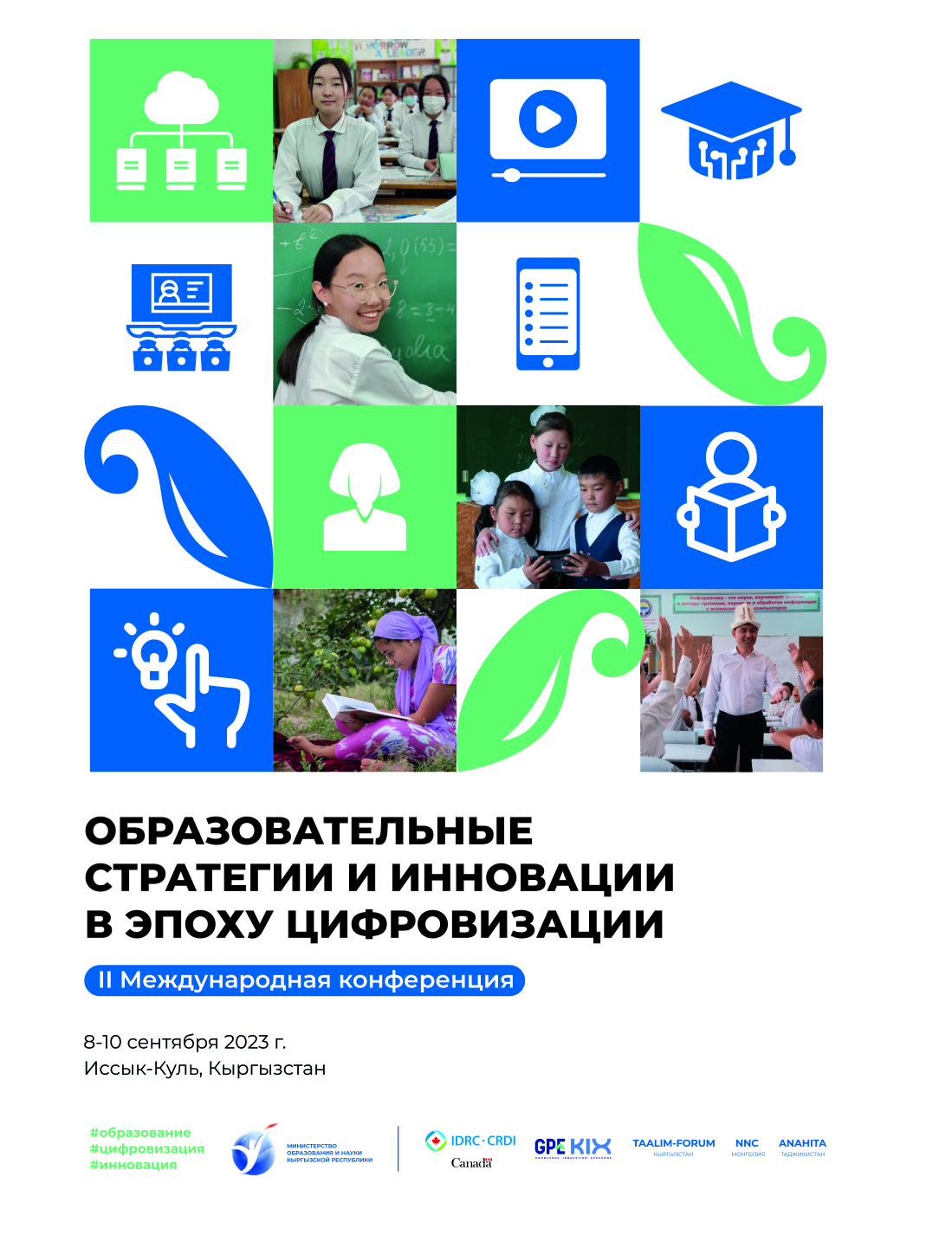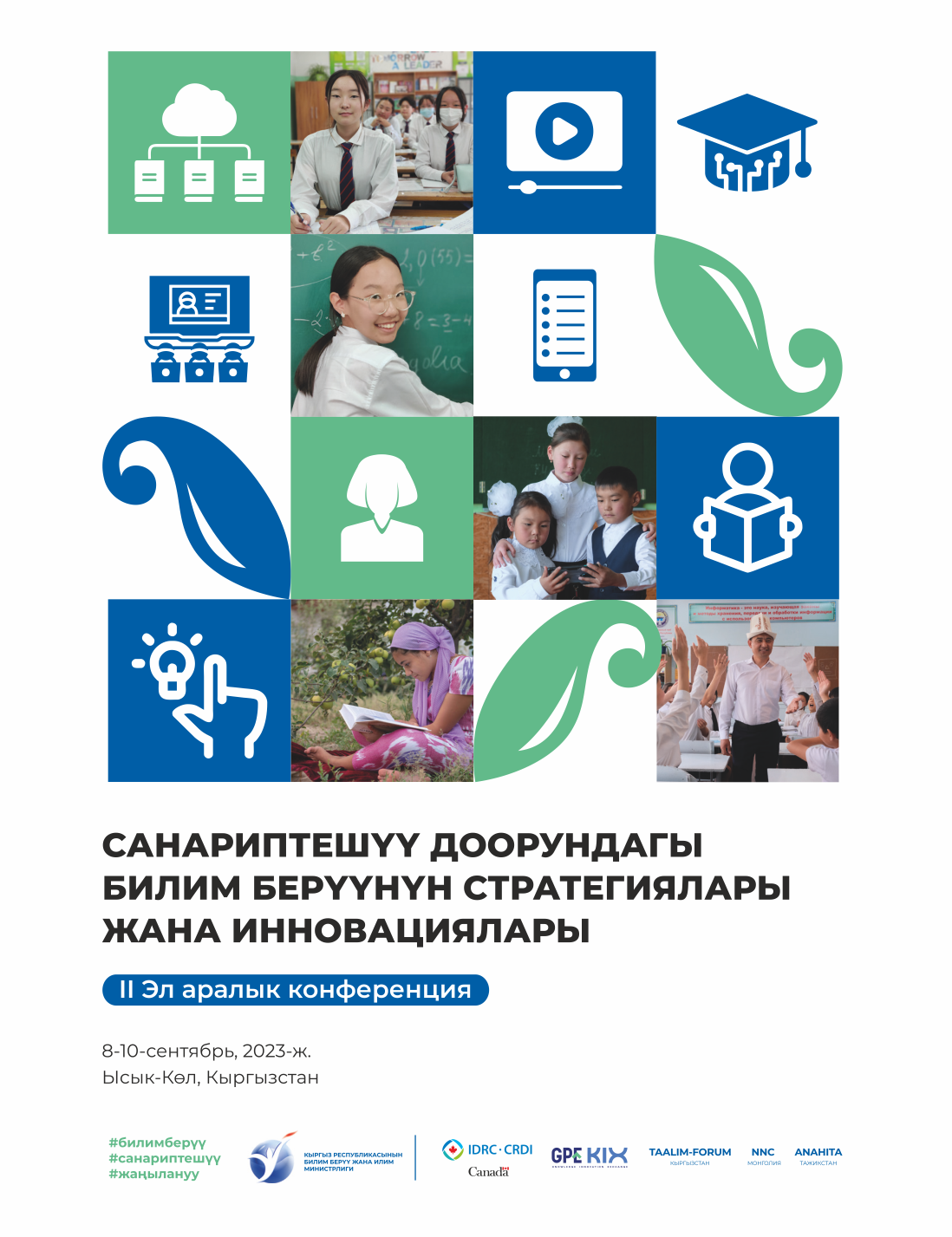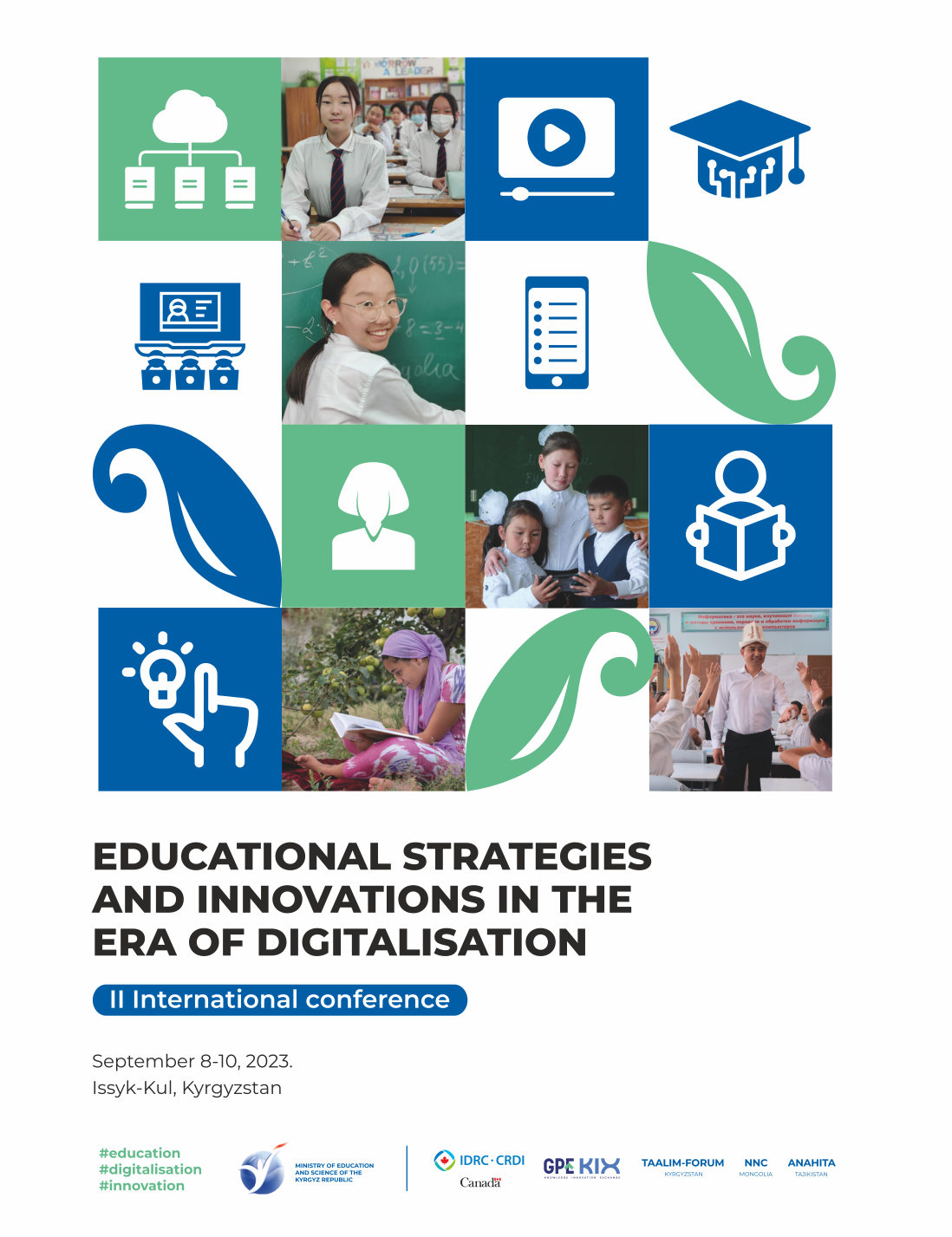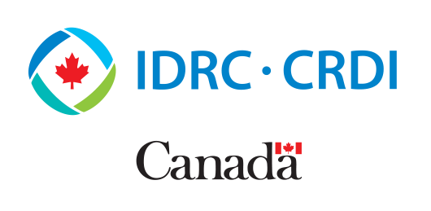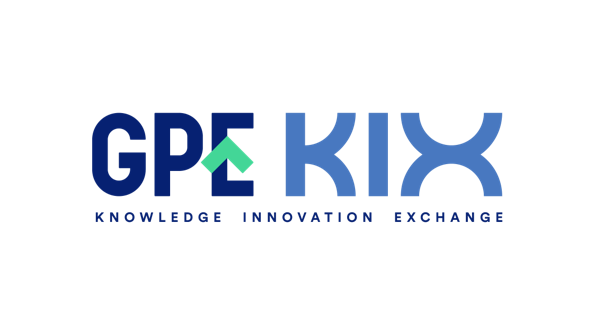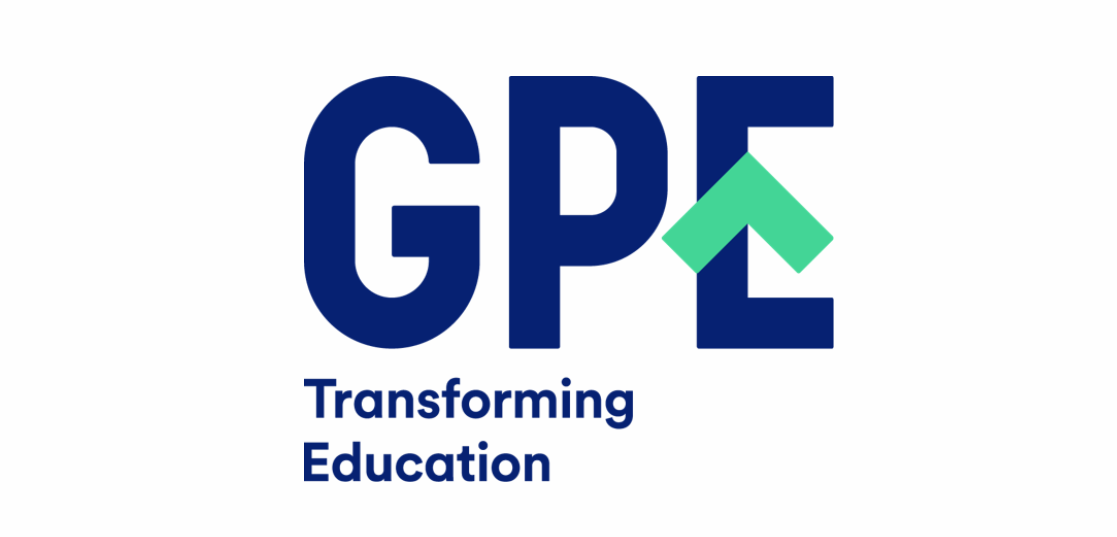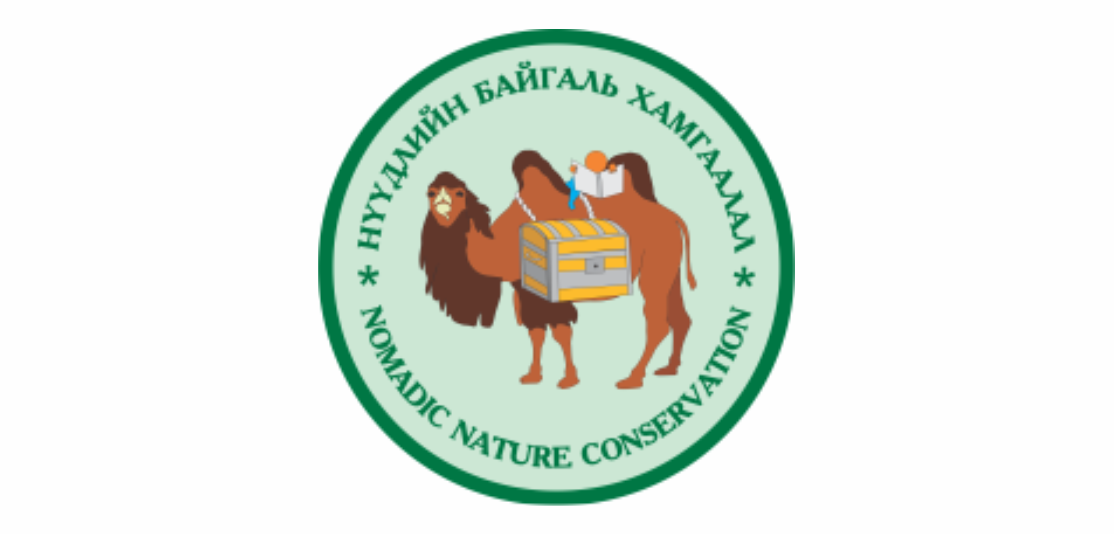The Second International Conference "Educational Strategies and Innovations in the Era of Digitalization" organized by the public foundation "Taalim-Forum" in partnership with the Ministry of Education and Science of the Kyrgyz Republic will be held on September 8-10, 2023 in Sary-Oy village, Issyk-Kul oblast.
The conference will be a platform for expanding professional dialogue on a wide range of issues related to digitalization in education, sharing knowledge and experience in the use and implementation of innovative approaches, distance education technologies to address pressing issues in national education systems, identifying new opportunities, identifying strategies and tools to ensure equal access and improve the quality of education.
RESULTS OF DISCUSSIONS
PARTICIPANTS OF THE CONFERENCE
CONFERENCE PROGRAMME
DAY ONE
Opening of the conference
Watching the video about the First International Conference "EDUCATIONAL STRATEGIES AND INNOVATION IN THE ERA OF DIGITALIZATION" (Bishkek, 2022). https://clck.ru/35sFQD
Welcoming words
- Bekzhan Supanaliev, Deputy Minister of Education and Science of the Kyrgyz Republic;
- Dr Nyam-Ochir Tomor-Ochir, General director of General authority for education in Mongolia, Ministry of Education and Science of Mongolia;
- Almagul Osmonova, Director, Taalim-Forum Public Foundation.
Keynote lecture
ARTIFICIAL INTELLIGENCE IN EDUCATION: HOW TO SUCCEED IN THE NEW REALITY?
Dr. Emma Sabzalieva, Assistant Professor at McGill University (Canada), Project Lead, Artificial Intelligence and Higher Education, UNESCO International Institute for Higher Education.
Lecture in russian language: https://inlnk.ru/9P5DwZ
Lecture in english language: https://clck.ru/35sFUm
KEY LECTURE
"ARTIFICIAL INTELLIGENCE IN EDUCATION:
HOW TO ACHIEVE SUCCESS IN THE NEW REALITY?"
FEEDBACK FROM PARTICIPANTS OF THE II INTERNATIONAL CONFERENCE 2023
SPEAKERs INFORMATION
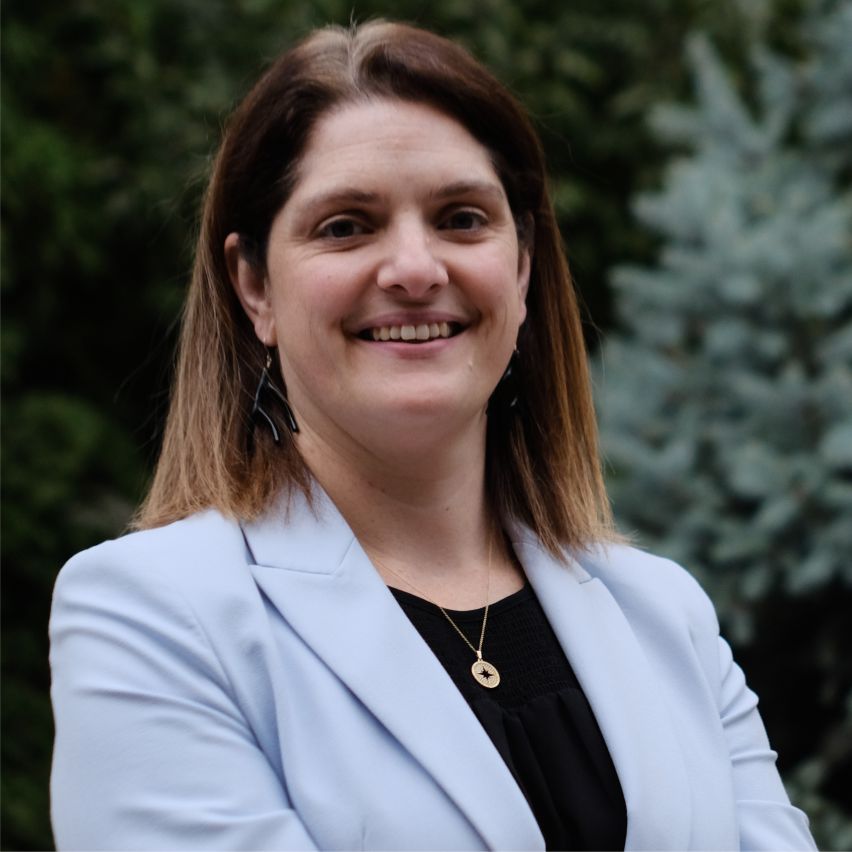

|
Dr. Emma Sabzalieva, Assistant Professor at McGill University (Canada), Project Lead, Artificial Intelligence and Higher Education, UNESCO International Institute for Higher Education. |
Video lecture
ARTIFICIAL INTELLIGENCE IN EDUCATION: HOW TO SUCCEED IN THE NEW REALITY?
September 8, 15:00 - 16:30
Artificial intelligence (AI) could find widespread application in education, with schools and higher education institutions around the world already using data-driven tools such as chatbots and virtual reality. The role of AI in education has come under the spotlight in recent months following the rapid spread of the Chat GPT big language model, which uses Internet data to create human-like outcomes. For many faculty and students, this was their first dive into the world of AI, and many were left with questions about the role of AI in education, especially in light of issues around academic integrity, ethics, and bias. In her lecture, Dr. Sabzalieva reflects on whether AI can be used in teaching, learning, assessment and research. The competences and skills needed by educators and students to succeed in this new reality will also be discussed.
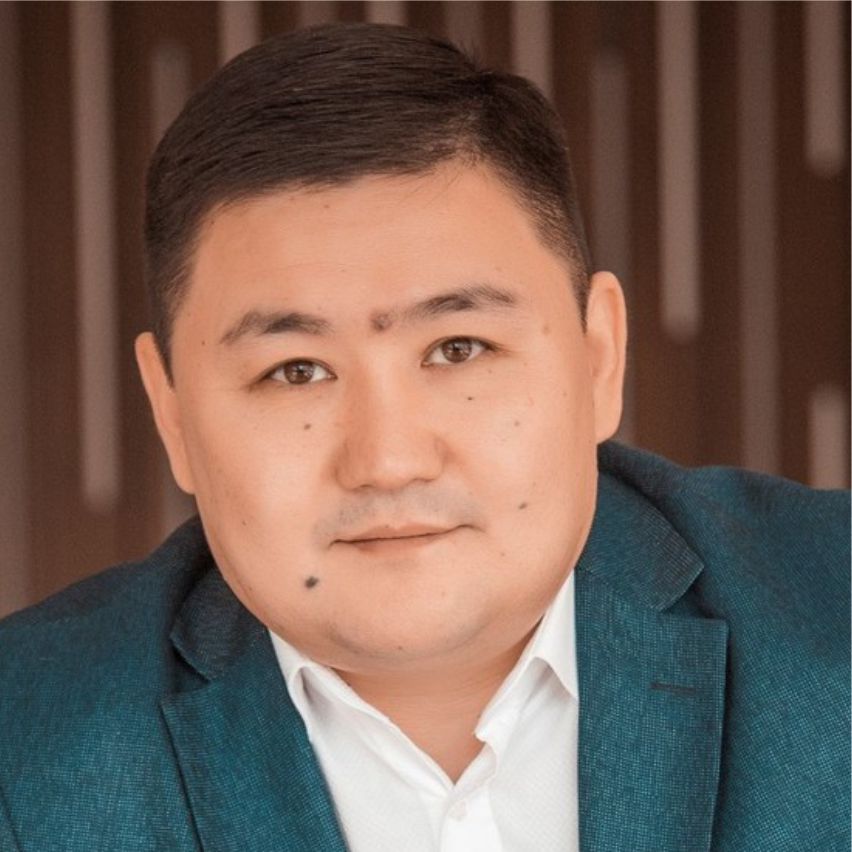

|
Supanaliev Bekzhan Torobaevich Deputy Minister of Education of the Kyrgyz Republic on coordination of the Ministry's activities on digital transformation, investment attraction, implementation of projects of international donor organisations in the field of education. He has solid experience in the Office of the Government and the Office of the President of the Kyrgyz Republic on coordination of analytical and organisational support in the field of education, culture and sports; social development, history and culture. He acted as an Executive Director of the Community Development and Investment Agency (ARIS) and General Director of Green Finance Centre Bishkek. Higher education in political science, Master's degree in Public Administration from Meiji University. |
SESSION 1. DIGITAL TRANSFORMATION OF EDUCATION TO IMPROVE QUALITY AND ACCESS. September 9th. 09:30 -11:00
Digitalisation of the education system to improve the quality and access to education in Kyrgyzstan.
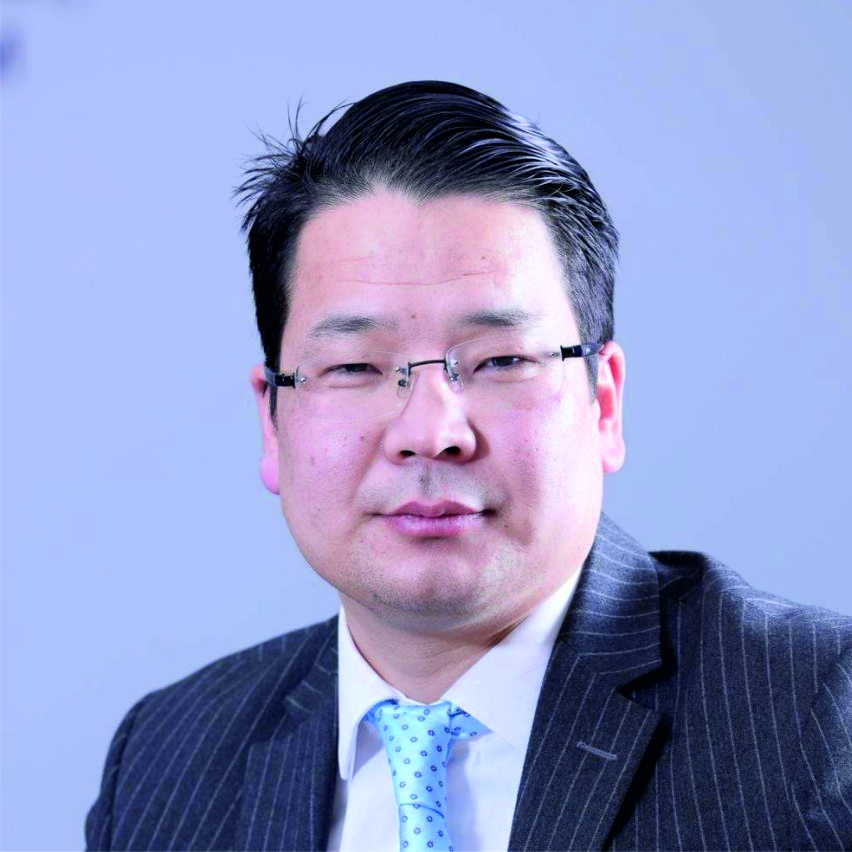

|
Dr Nyam-Ochir Tomor-Ochir General director of General authority for education in Mongolia, has worked at all levels of Mongolia's education sector and was promoted to Director General of the Government Implementation Agency. He was involved in the revision of the General Law on Education and by-laws, as well as the management and organisation of policy, regulation and implementation of the sector. During the pandemic, led the organisation of continuous provision of general education and successfully implemented distance learning in a short period of time. This included the introduction of digital skills training for teachers, providing access to e-learning aids and materials in a short period of time. Successfully implemented management trainings to improve teachers’ skills and the work of educational institutions. |
SESSION 1. DIGITAL TRANSFORMATION OF EDUCATION TO IMPROVE QUALITY AND ACCESS. September 9th, 09:30 - 11:00
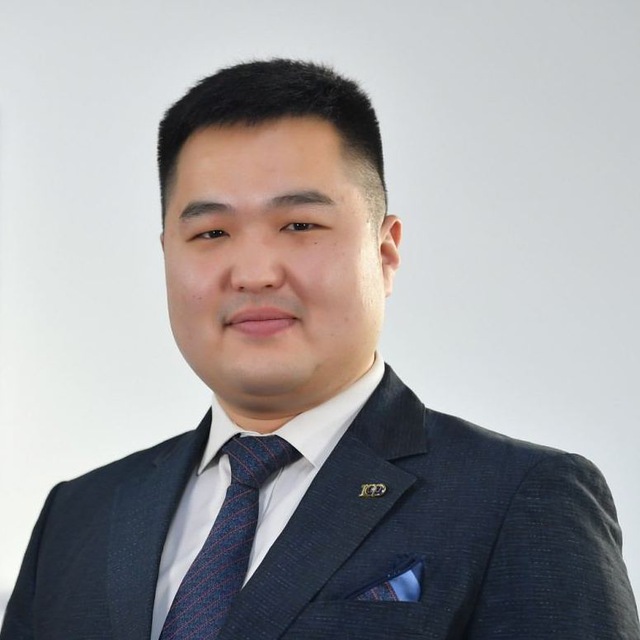
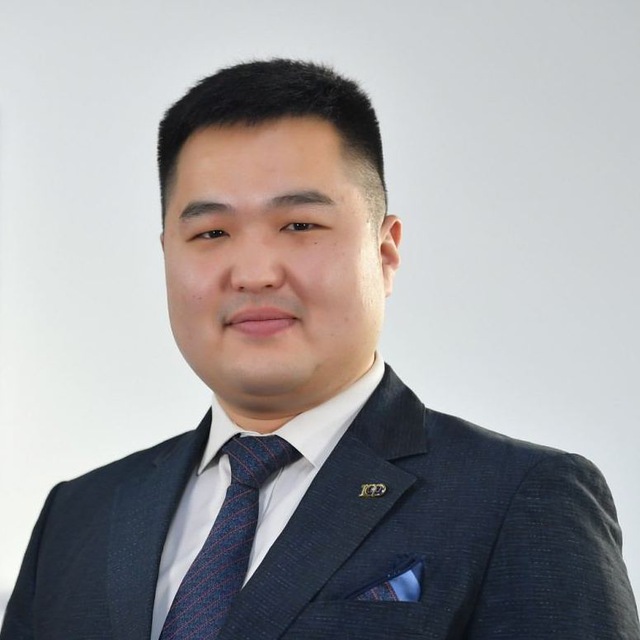
|
Munkhsanchir Namsrai – the Head of the Digital Transformation and Unified Statistics Department at the General Directorate of Education of Mongolia. He has experience in designing and implementing various projects on the development of the national education information system, and has developed a number of documents for educational policy and regulation manuals, digital textbooks, other educational resources and research. He has worked as a coordinator of digital transformation projects in education funded by Asian Development Bank, World Bank, Google and Microsoft. |
SESSION 1. DIGITAL TRANSFORMATION OF EDUCATION TO IMPROVE QUALITY AND ACCESS. September 9th, 09:30 - 11:00
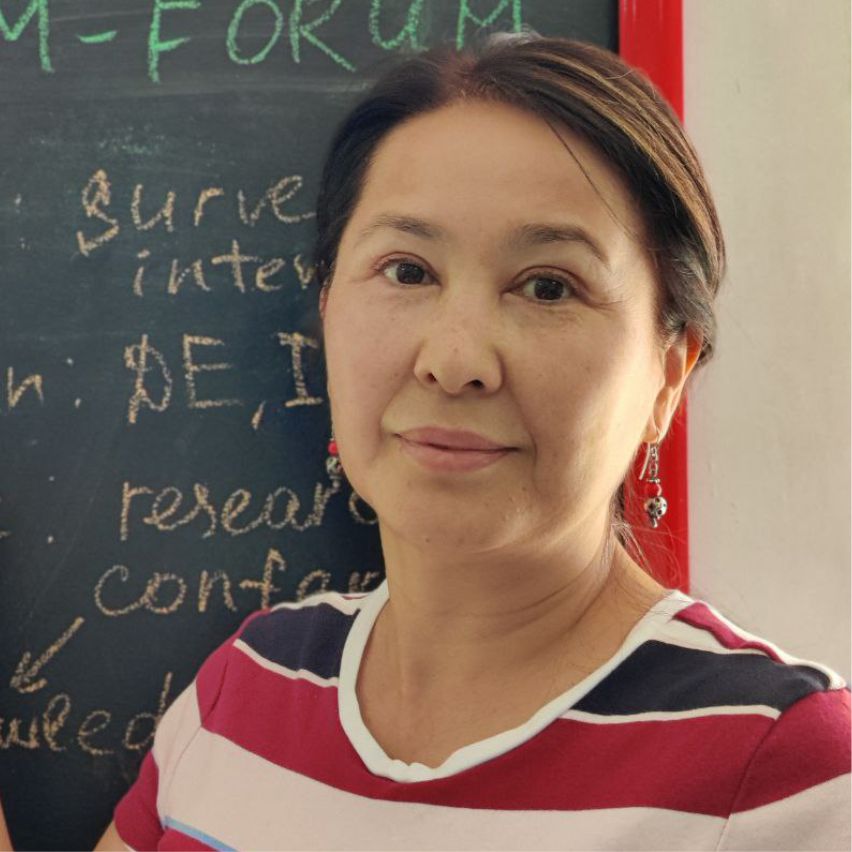

|
Almagul Osmonova Director of “Taalim-Forum” Public Foundation, expert in the field of education and sustainable development. Teaching experience at the Kyrgyz National University, American University of Central Asia. Head of the gender programme of the Soros Foundation-Kyrgyzstan, consultant of the World Bank Higher Education Project, expert on early childhood development and consultant on monitoring in the ADB projects, developer and author of publications for teachers and books for children. Master of Science degree in Sustainabble Development (UK), higher education in history and sociology at the Kyrgyz National University, internship in sociology and gender studies at Cornell University and University of Buffalo (USA). . |
SESSION 2. DIGITAL EDUCATIONAL RESOURCES: INNOVATIVE APPROACHES AND SOLUTIONS. September 9th, 11:15 - 12:45
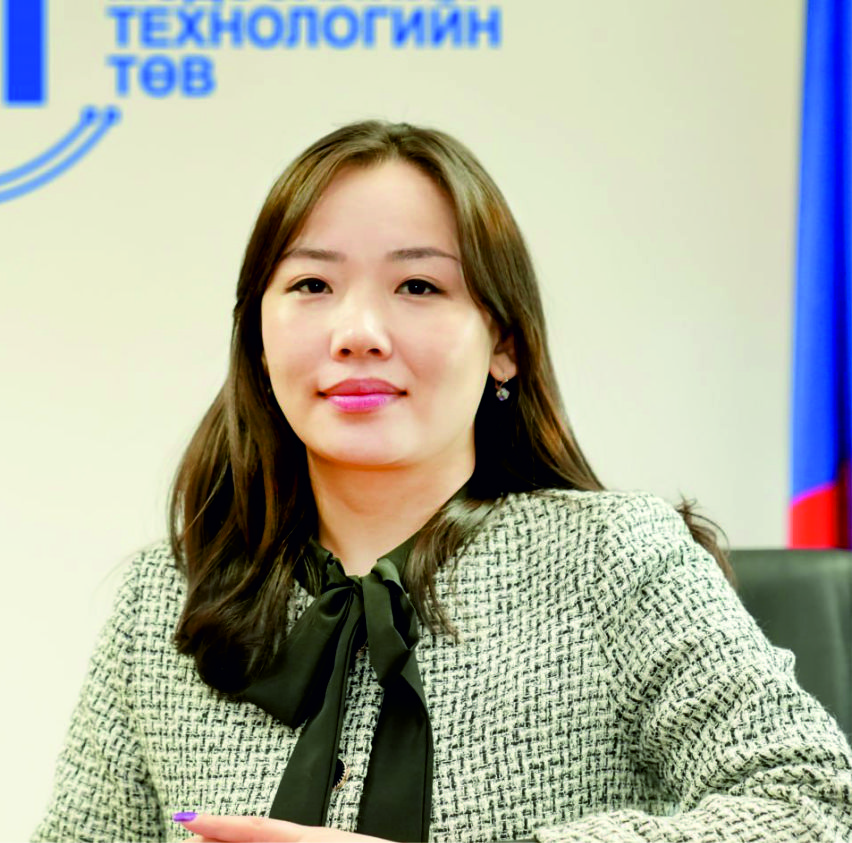
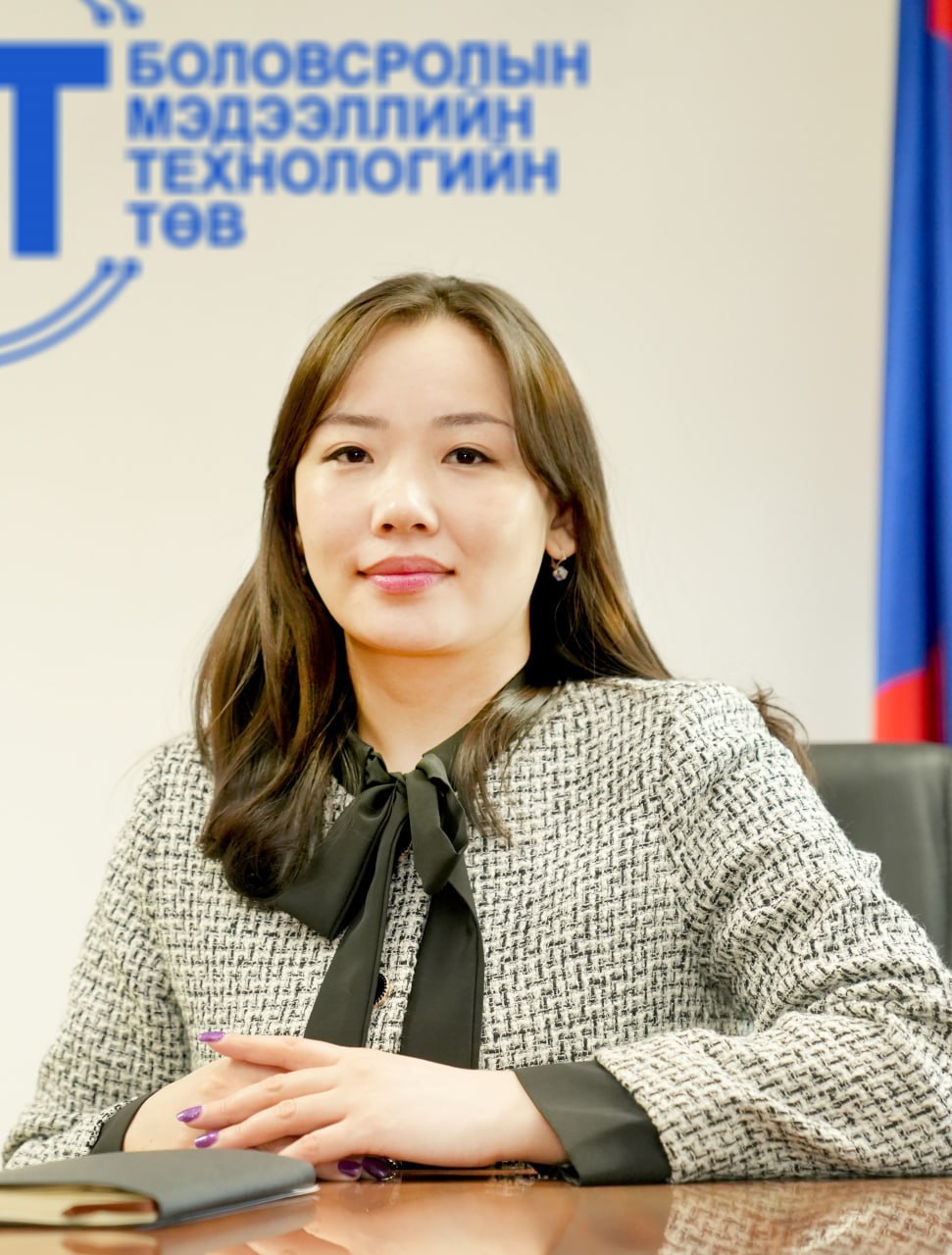
|
Enhzaya Batmunkh From 2021 to now, She has been working as a business analysis specialist for the Medle.mn lesson content library and learning management system at the Educational Information Technology Center. She is a teacher of Physics and Information Technology. She has been working in the field of education for 9 years. In the years 2014-2021, She worked as a methodologist in charge of teacher ICT skills support training and then as a methodologist in charge of e-learning for teachers at the Institute of Teacher Professional Development (Now the General Authority for education in Mongolia.) She specializes in teaching general education teachers by developing and testing methodologies for effective use of open educational resource materials, programs, and tools in training. |
SESSION 2. DIGITAL EDUCATIONAL RESOURCES: INNOVATIVE APPROACHES AND SOLUTIONS.
September 9th, 11:15 - 12:45
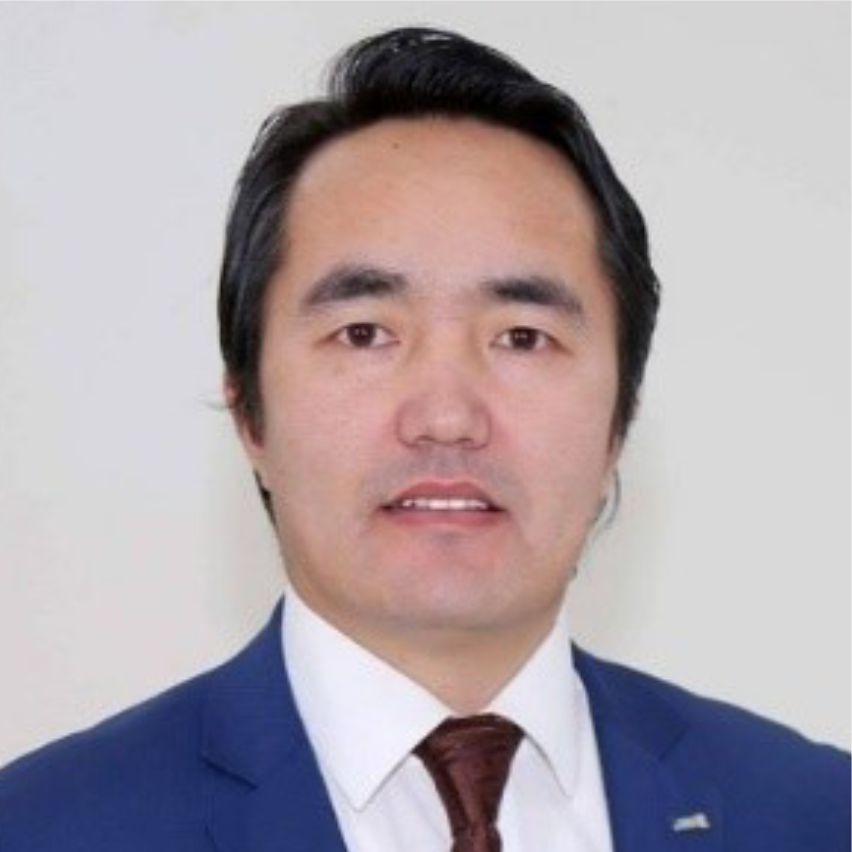

|
Erdene Lhagvasuren a Head of the Research Department of Education Policy Planning at the National Institute of Education Research under the Ministry of Education and Science of Mongolia. He has many years of experience as a maths teacher, training and education manager and school principal. He advises on the implementation of the Cambridge International Programme and related organisations, general education schools, teachers and parents. An advisor to the International General Education Programme of the Minister of Education and Science of Mongolia. Current research activities focus on national values in Mongolian national education.
|
SESSION 2. DIGITAL EDUCATIONAL RESOURCES: INNOVATIVE APPROACHES AND SOLUTIONS.
September 9th, 11:15 - 12:45
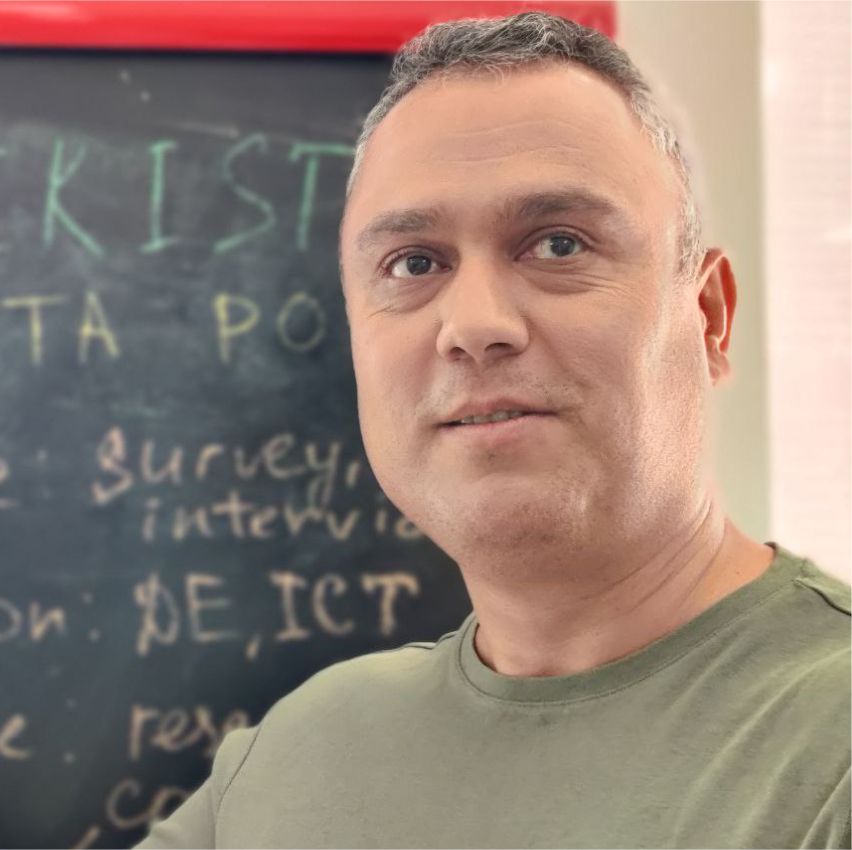

|
Abduvohid Safarov Director of Anahita Public Organisation (Tajikistan); has over 20 years of experience in working with international organisations, local NGOs and international donors; has coordinated various projects including research on education in remote rural areas, support for rural women and protection of biocultural rights of indigenous local communities in Tajikistan. A graduate of Tajik State University with a degree in linguistics, he is currently pursuing Masters degree in law. |
SESSION 2. DIGITAL EDUCATIONAL RESOURCES: INNOVATIVE APPROACHES AND SOLUTIONS.
September 9th, 11:15 - 12:45
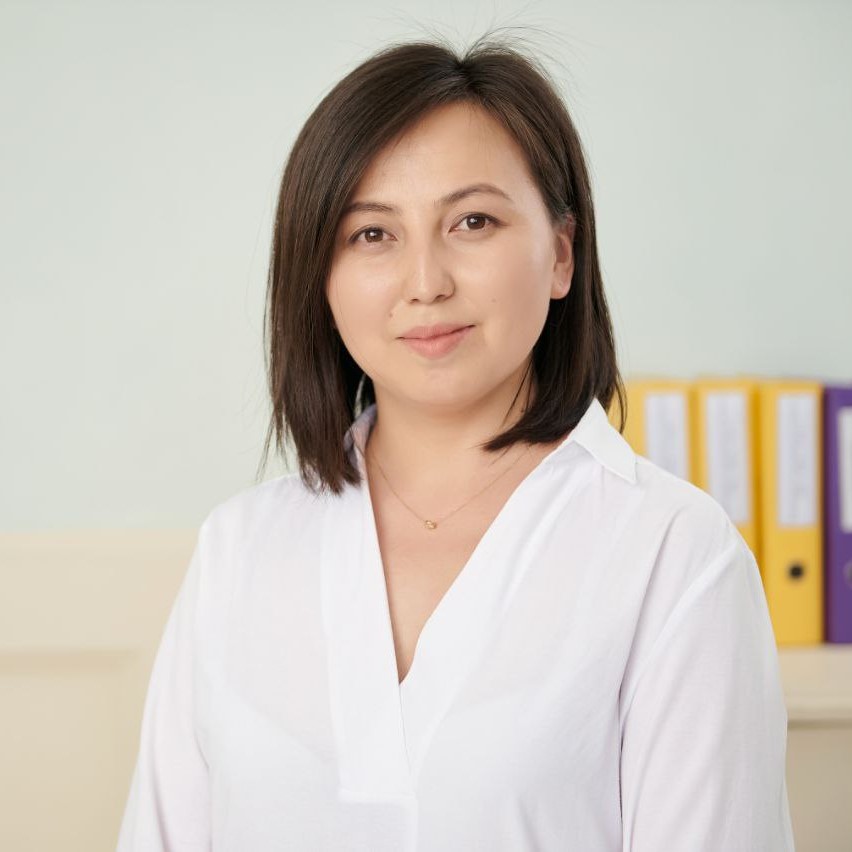

|
Aisuluu Zhamangulova the CEO, ideological inspirer and co-founder of MUGALIM Online School. She is a certified project manager. For the last 10 years she worked as a project manager in the cross-functional department of a financial company. She managed a project to create an online platform for effective employee training, which has trained more than 1000 employees to date. |
SESSION 2. DIGITAL EDUCATIONAL RESOURCES: INNOVATIVE APPROACHES AND SOLUTIONS.
September 9th, 11:15 - 12:45
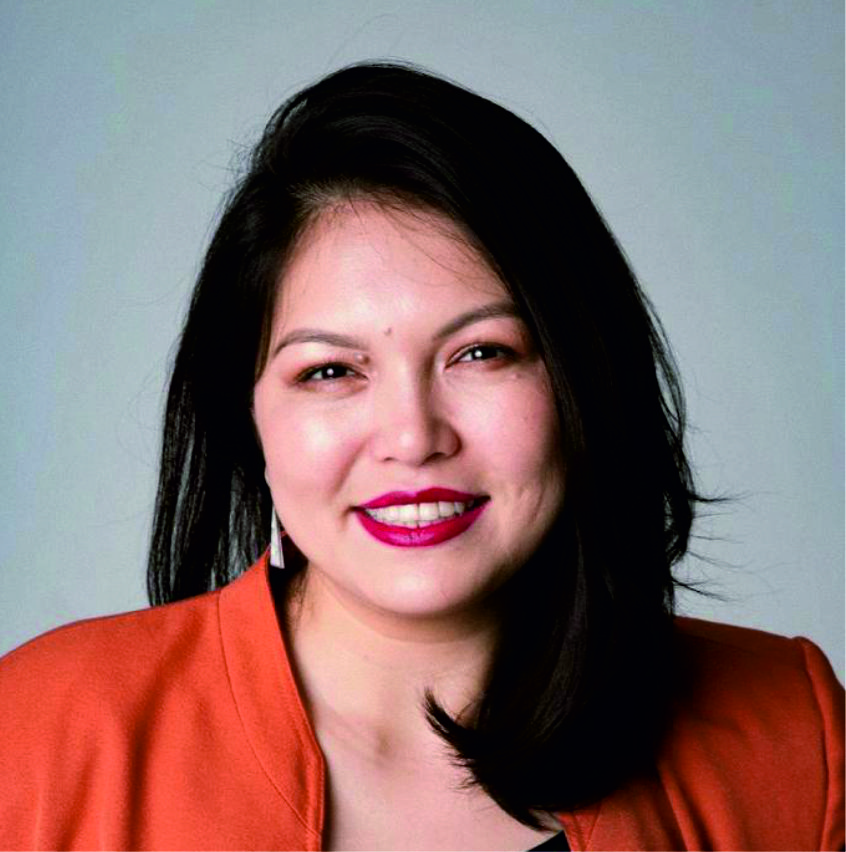

|
Madina Samakbaeva Chairman and co-founder of the Techaim Public Foundation, whose activities are related to empowering girls and women in choosing a career in STEM and the official representative of the Khan Academy International Educational Platform in Kyrgyzstan. Coordinates the UNICEF Girls in Science project at the Innovation College of the American University of Central Asia. Actively works to promote STEAM education and environmental education among schoolchildren and students in Kyrgyzstan. |
SESSION 3. DIGITAL PEDAGOGY FOR GENDER EQUALITY AND INCLUSION.
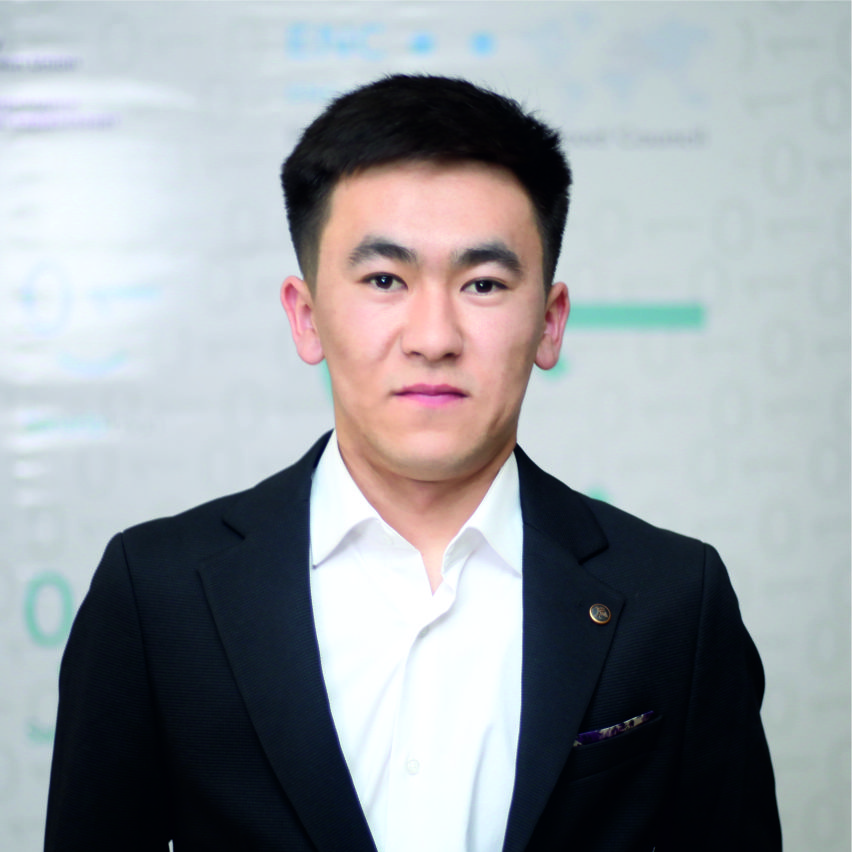

|
Azhybek Nurlanov the Partnership Development Manager of the Sanarip Insan and ilimbox project of the Kyrgyz Branch of the Internet Society. He has experience in the development and implementation of educational projects to promote digital education, creation of electronic educational resources, design and development of educational programmes, as well as the integration of technology into the educational process. The ilimbox and Sanarip Insan projects develop and adapt international educational materials for the local learners and update educational materials on local digital platforms. |
SESSION 3. DIGITAL PEDAGOGY FOR GENDER EQUALITY AND INCLUSION. September 9th, 14:15 - 15:45
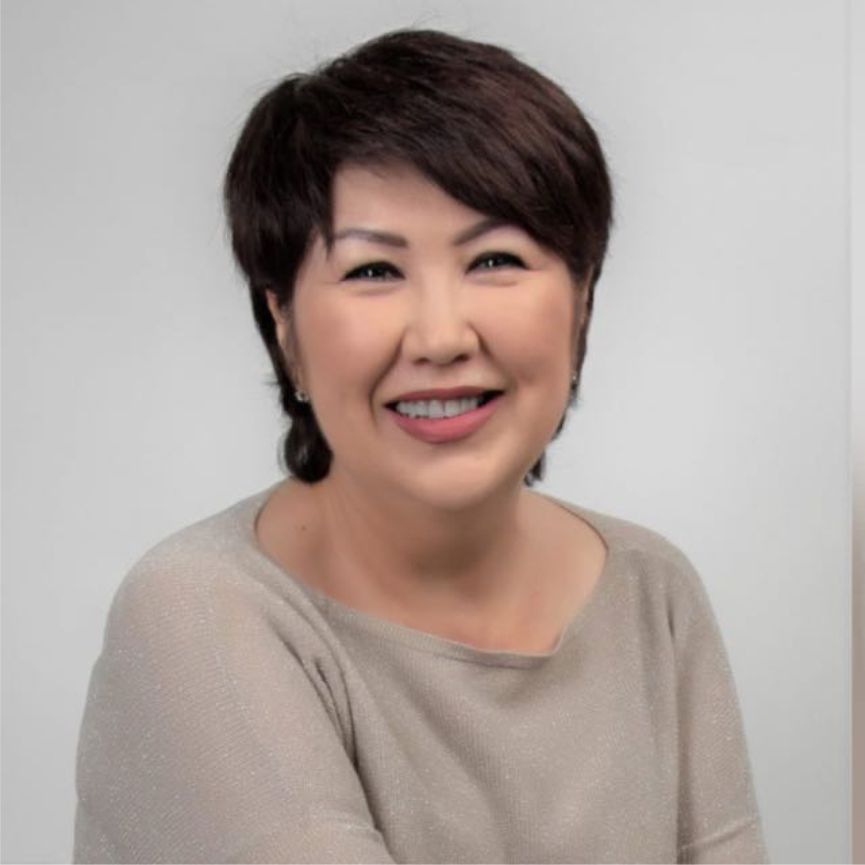

|
Alima Ibrasheva Academic Director of BMG UpSkill, has significant experience in higher education, Information and Analytical Centre of the Ministry of Education and Science of the Republic of Kazakhstan, Nazarbayev University. She is a recognised expert, participant of projects of the World Bank, USAID, UNESCO, European Education Fund, OECD. During her work at the National Centre for Professional Development "Өrleu" Ibrasheva ensured as a member of the top management team the radical modernisation of the system of professional development of teachers, contributing to the updating of training content and development of research on the effectiveness of professional development of teachers. She was awarded the "Ibrai Altynsarin" bage for significant successes in the organisation and improvement of educational and upbringing processes. A member of the Kazakhstan Education Researchers Association (KERA).
|
SESSION 3. DIGITAL PEDAGOGY FOR GENDER EQUALITY AND INCLUSION.
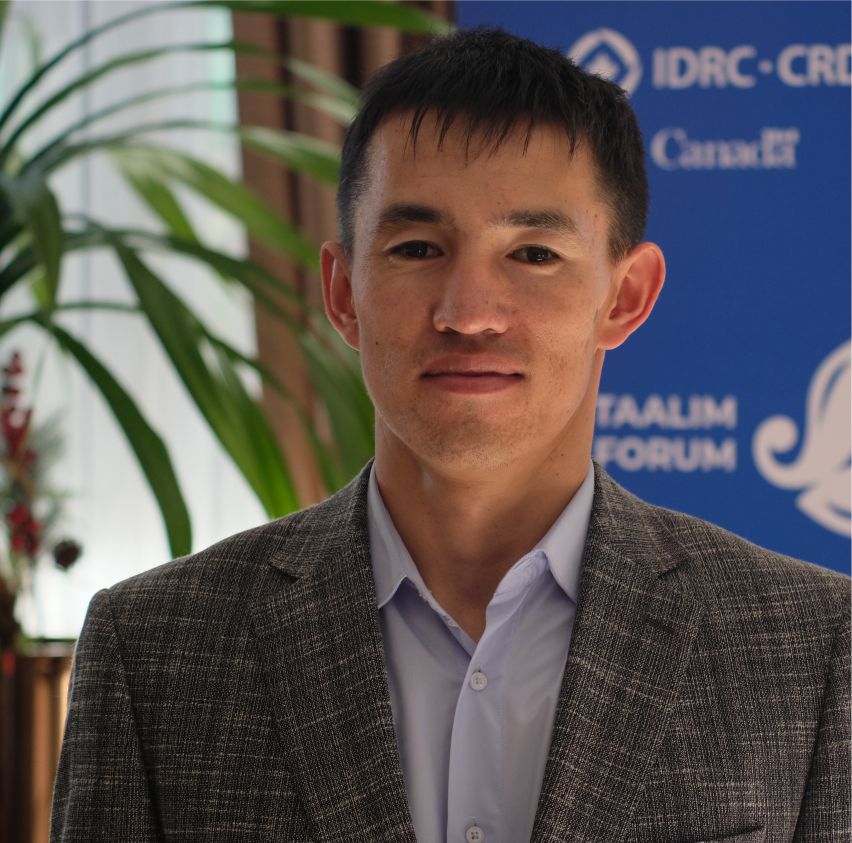

|
Asylbek Madaliev the founder of the educational center "Sanarip Mugalim", where the teachers are trained in new methodologies and ICT skills. More than 10 years of experience in the field of education. As part of the established center, more than 6,000 teachers underwent online and offline training, more than 700 teachers took part in the exchange of experience with visits to other countries. |
SESSION 3. DIGITAL PEDAGOGY FOR GENDER EQUALITY AND INCLUSION.
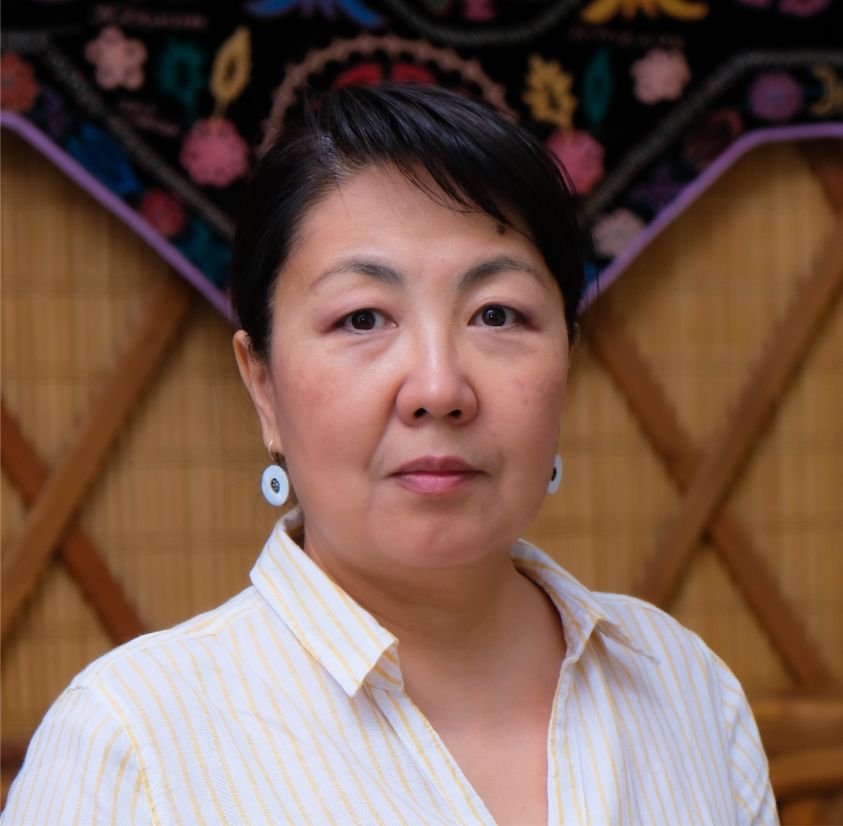

|
Jyldyz Doolbekova Project Manager; has extensive experience in grant management, monitoring and evaluation; an expert in biocultural diversity conservation, community resilience and well-being, women and youth leadership, mobilisation and knowledge sharing and networking in Central Asia. She has worked for the Central Asia Programme of the Christensen Fund (San Francisco, California) as Special Advisor, Programme Manager and Regional Coordinator. Prior to that, she managed the Aga Khan Humanities Project's Faculty Development Programme and University Projects (AKHP, Dushanbe, Tajikistan) aimed at developing, testing and implementing interdisciplinary courses in Central Asian universities. She holds a PhD in History; a Master's degree in International Relations from the International University of Kyrgyzstan and a degree in History from the Kyrgyz National University.
|
SESSION 4. RESULTS OF THE RESEARCH "DISTANCE LEARNING TO IMPROVE QUALITY AND ACCESS TO SCHOOL EDUCATION IN KYRGYZSTAN, MONGOLIA, AND TAJIKISTAN". September 9th, 16:00 - 17:30
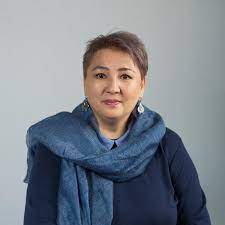
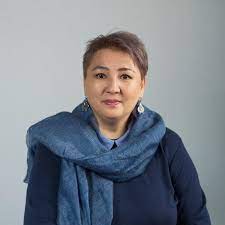
|
Gulnara Ibraeva is a PhD candidate in sociology, an analyst with experience in socio-economic, political and cultural research, and an expert in strategic planning, monitoring and evaluation. She has considerable experience of working with international organisations, government agencies and civil society organisations not only in the Kyrgyz Republic, but also in Kazakhstan, Tajikistan, Ukraine, Georgia, and Turkmenistan. Over 20 years of teaching experience at various universities in Kyrgyzstan, including the National State University, Bishkek Humanitarian University, Academy of Public Administration under the President of the Kyrgyz Republic, Kyrgyz-Turkish Manas University, American University of Central Asia (AUCA). |
SESSION 4. RESULTS OF THE RESEARCH "DISTANCE LEARNING TO IMPROVE QUALITY AND ACCESS TO SCHOOL EDUCATION IN KYRGYZSTAN, MONGOLIA, AND TAJIKISTAN". September 9th, 16:00 - 17:30
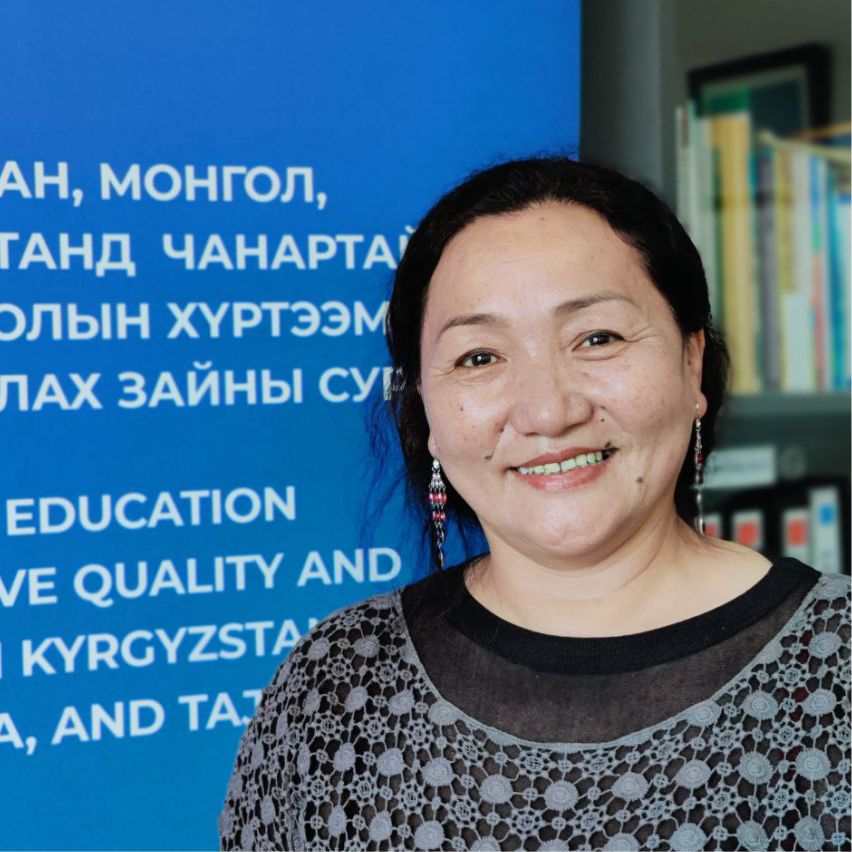

|
Tungalagtuya Khuukhenduu Director of Nomadic Nature Conservation NGO in Mongolia, holds a Master's degree in Biological Science from the National University of Mongolia, is a PhD student at the Faculty of Education, Mongolian National State Pedagogical University, and has experience in the following areas: research; educational programmes for rural schools; assisting herder communities and women's groups in obtaining sustainable livelihoods; and publishing educational materials and books. |
SESSION 4. RESULTS OF THE RESEARCH "DISTANCE LEARNING TO IMPROVE QUALITY AND ACCESS TO SCHOOL EDUCATION IN KYRGYZSTAN, MONGOLIA, AND TAJIKISTAN". September 9th, 16:00 - 17:30
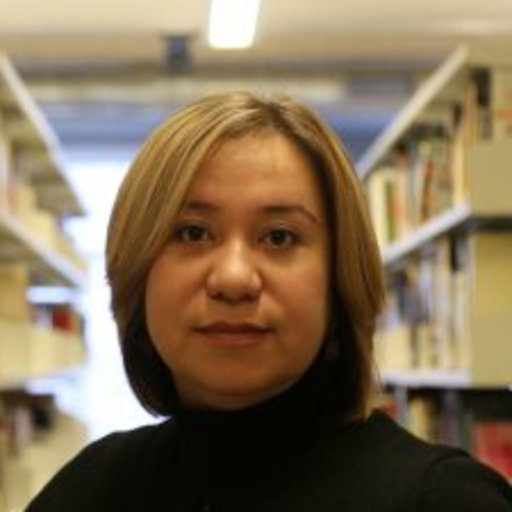

|
Mehrigul Ablezova Associate Professor of Sociology at the American University of Central Asia (AUCA). He teaches courses in research methods, statistics, economic sociology, globalization, and the sociology of religion. Applied sociologist whose research interests and practice lie in the field of economic sociology and are related to issues of social and economic inequality, market society and moral economics. Her work has been published in Theory and Society; "Family, relationships and society"; "Home and Migration"; "Central Asian Study", as well as in numerous reference scientific reports. She received her BA in Business Administration from AUCA and her MA in Sociology from Ball State University, Muncie, Indiana, USA. |
SESSION 4. RESULTS OF THE RESEARCH "DISTANCE LEARNING TO IMPROVE QUALITY AND ACCESS TO SCHOOL EDUCATION IN KYRGYZSTAN, MONGOLIA, AND TAJIKISTAN". September 9th, 16:00 - 17:30
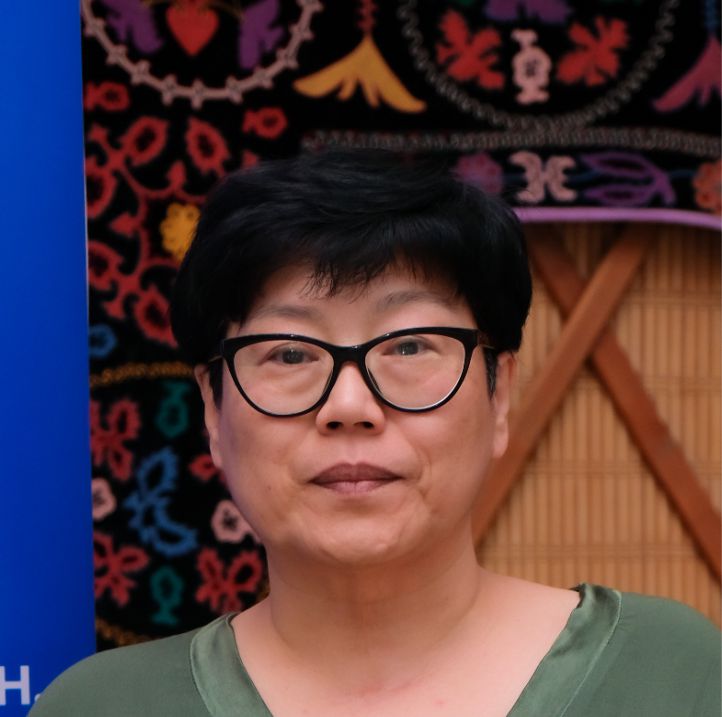

|
Chinara Omurkulova Monitoring, Evaluation and Learning Consultant for the Taalim-Forum, has more than ten years of experience in monitoring and evaluation of education projects, experience in conducting sociological research and teaching at Bishkek State University. 20 years of experience in managing and implementing international development projects onf innovative education in Kyrgyzstan and Kazakhstan as Director of the Representative Office of the Council for International Research and Exchanges, Deputy and Acting Manager of the USAID project. For more than 15 years, she has been engaged in public activities in supervisory boards of a number of local and international non-profit organisations, as well as a member and chairperson of the Public Council of the Ministry of Education and Science of the Kyrgyz Republic. She interned at the Institute of Social and Political Studies of the Russian Academy of Sciences and at the Sociology Department of Columbia University. Graduated from the Faculty of History of Lomonosov Moscow State University. |
SESSION 4. RESULTS OF THE RESEARCH "DISTANCE LEARNING TO IMPROVE QUALITY AND ACCESS TO SCHOOL EDUCATION IN KYRGYZSTAN, MONGOLIA, AND TAJIKISTAN". September 9th, 16:00 - 17:30
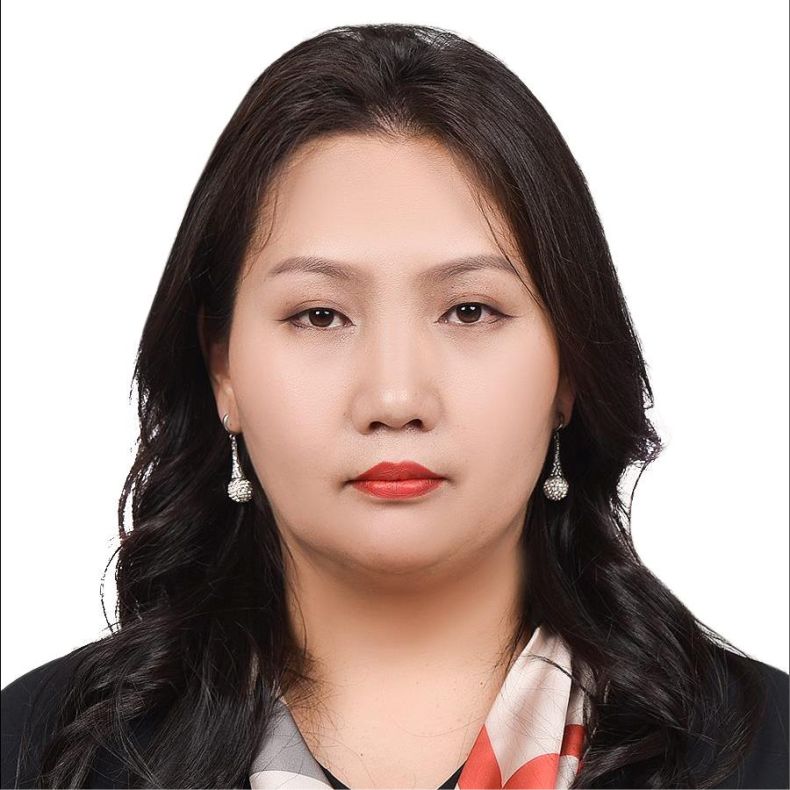
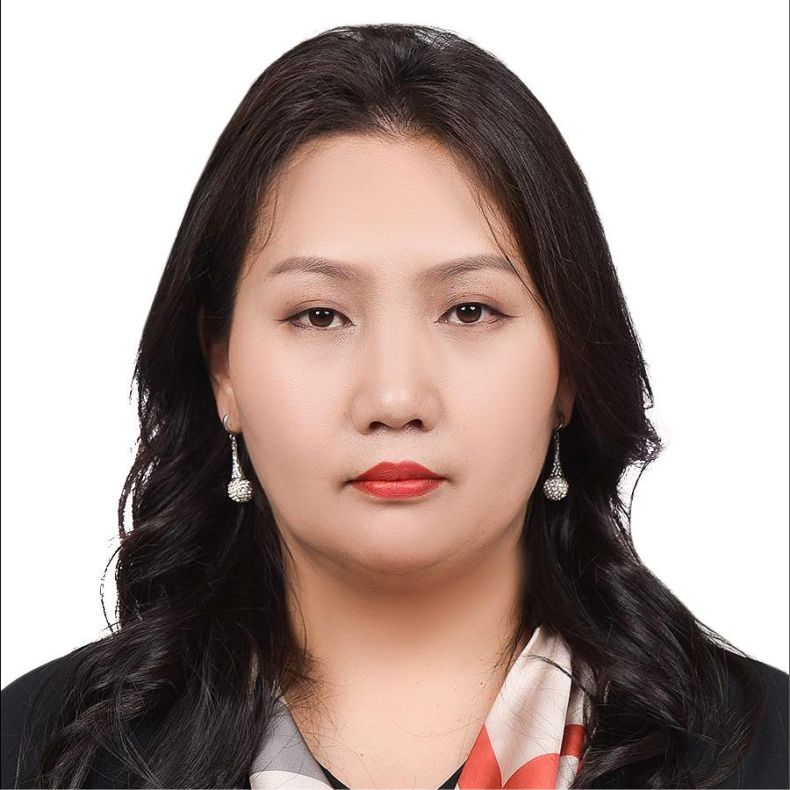
|
Battsetsetseg Semjaan lead researcher of the project in Mongolia, coordinated the work of field researchers in conducting qualitative and quantitative research in 4 regions of the country and the city of Ulaanbaatar. She teaches at the Mongolian National Pedagogical University. He teaches courses in the economics of education, statistics and research methods in education. She has experience in developing qualitative and quantitative research in the field of education and professional textbooks for secondary schools and universities. |
SESSION 4. RESULTS OF THE RESEARCH "DISTANCE LEARNING TO IMPROVE QUALITY AND ACCESS TO SCHOOL EDUCATION IN KYRGYZSTAN, MONGOLIA, AND TAJIKISTAN". September 9th, 16:00 - 17:30


|
Jovidsho Juraev the lead project researcher in Tajikistan, has led and participated in more than 20 research projects in the region, a key expert in the development of the National Strategy for Reforming the Social Protection System in Tajikistan for the period 2018-2023, the draft National Programme for Reforming Local Self-Governance in Tajikistan for the period 2019-2024, the draft National Programme for Reforming Local Self-Governance in Tajikistan for the period 2019-2024. Since 2011, the head of the National Association of Professional Social Workers, has been involved in the establishment and development of the Department of Social Work at the Tajik National University in Dushanbe. A member of Comparative and International Education Society, in 2022 presented the results of research in Tajikistan at the CIES conference in Washington DC. |
SESSION 4. RESULTS OF THE RESEARCH "DISTANCE LEARNING TO IMPROVE QUALITY AND ACCESS TO SCHOOL EDUCATION IN KYRGYZSTAN, MONGOLIA, AND TAJIKISTAN". September 9th, 16:00 - 17:30
#EDUCATION #KNOWLEDGE #INNOVATION
The conference is held within the framework of the project "Distance Learning for Improving Quality and Access to Education", which is implemented in three countries - Kyrgyzstan, Mongolia and Tajikistan within the framework of the Knowledge and Innovation Exchange (KIX) program initiated by the Global Partnership in Education (GPE). Information about the project https://kix.taalimforum.kg/
about conference
Kut Bilim. Public-Educational Popular Science Newspaper.
https://kutbilim.kg/ru/news/inner/iskusstvennyy-intellekt-v-obrazovanii/
Ministry of Education and Science of the Kyrgyz Republic https://edu.gov.kg/posts/2050/
Internet Society Kyrgyz Chapter
https://www.instagram.com/p/
General Education Department, Ministry of Education and Science of Mongolia
https://edu.gov.mn/public/article/2073
https://edu.gov.mn/public/article/2071
Nomadic Nature Conservation, Mongolia
Public Organization "Anahita," Tajikistan

